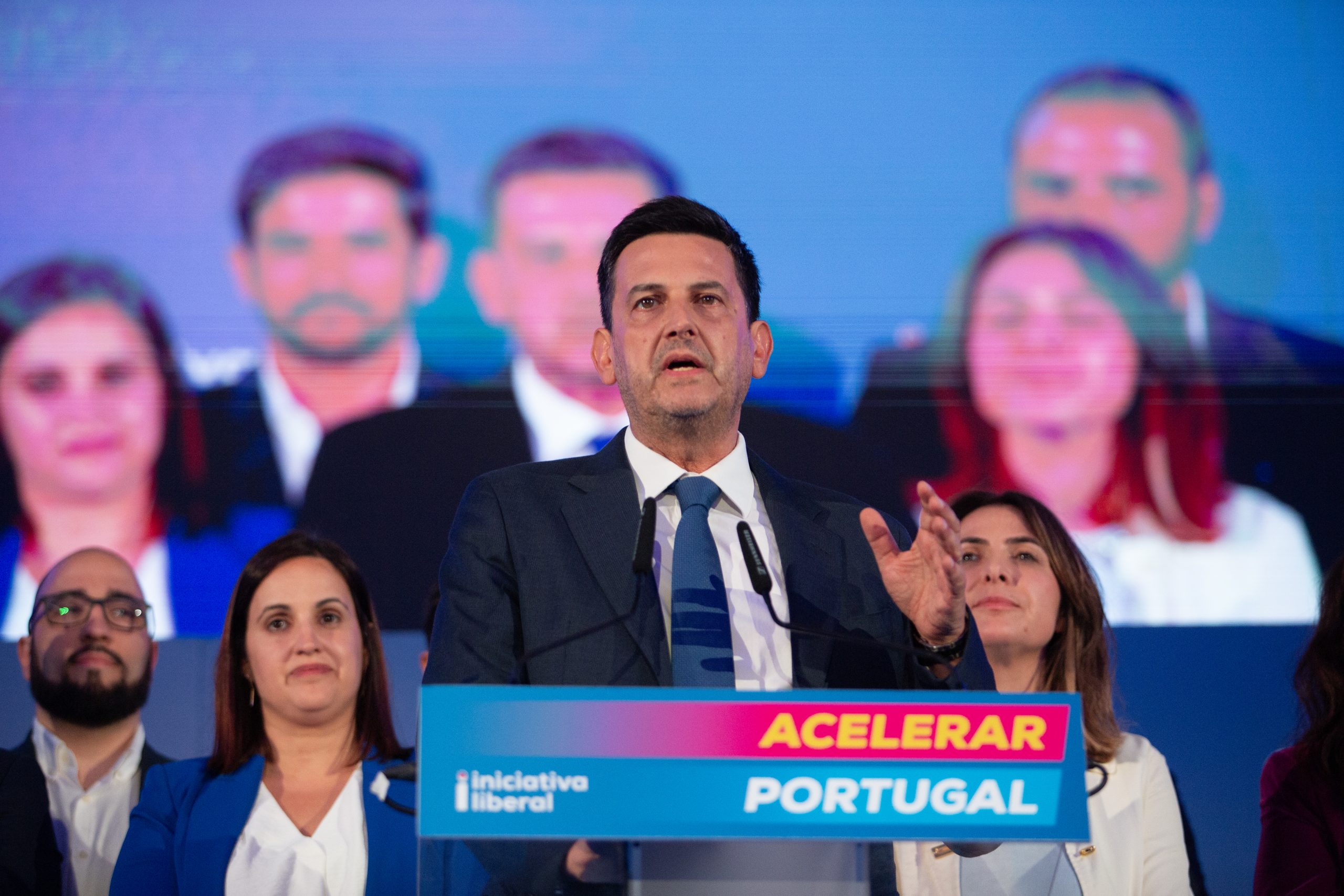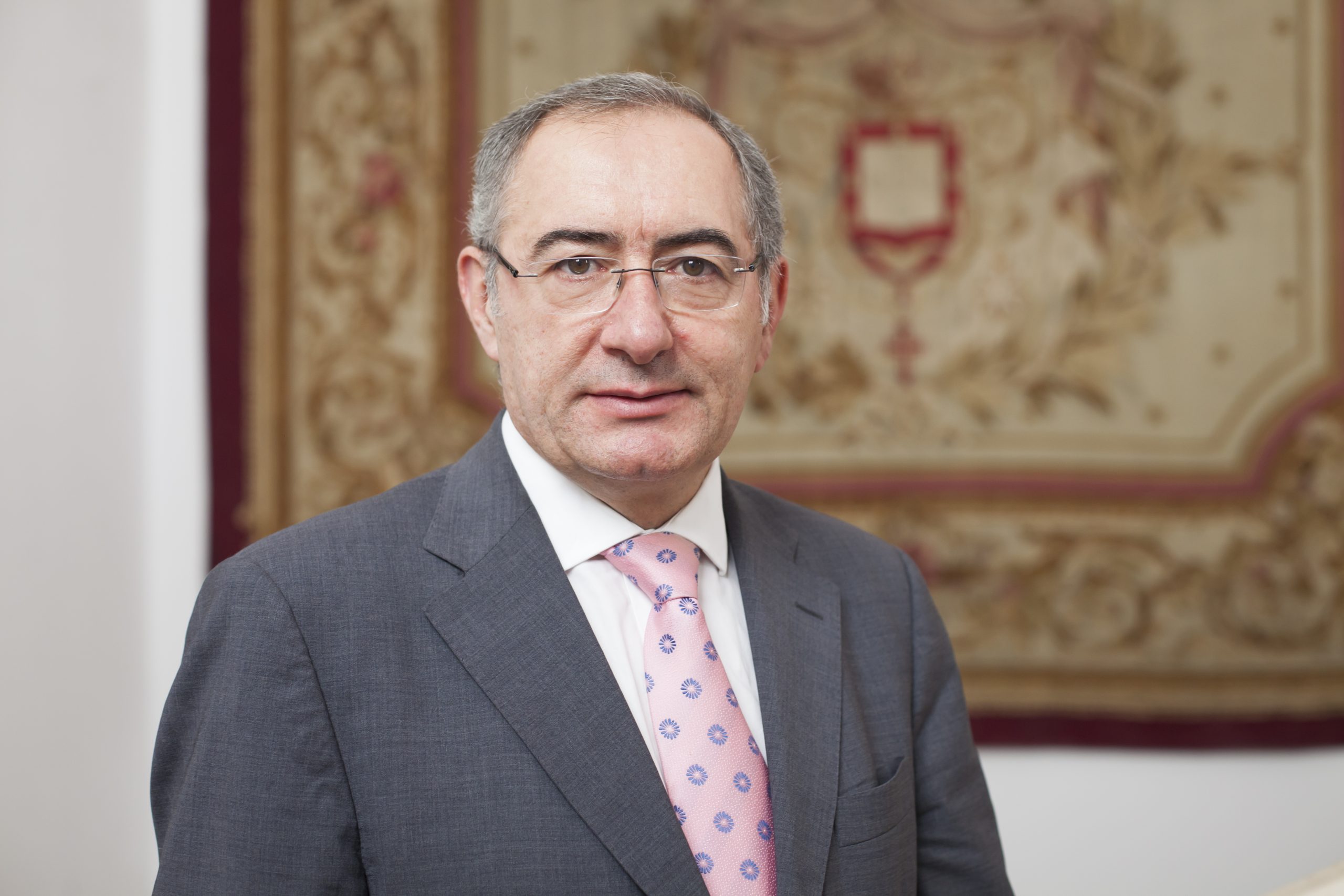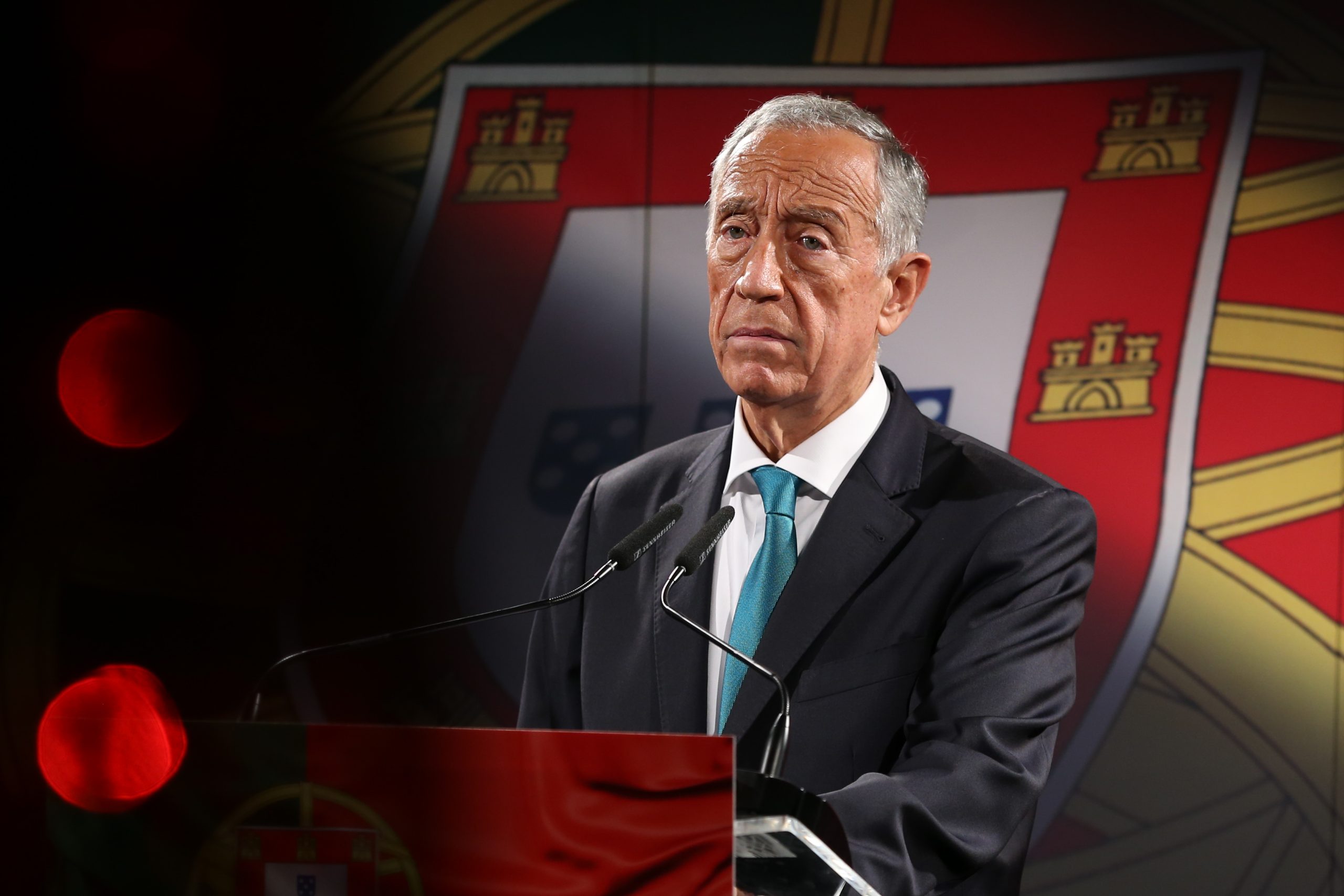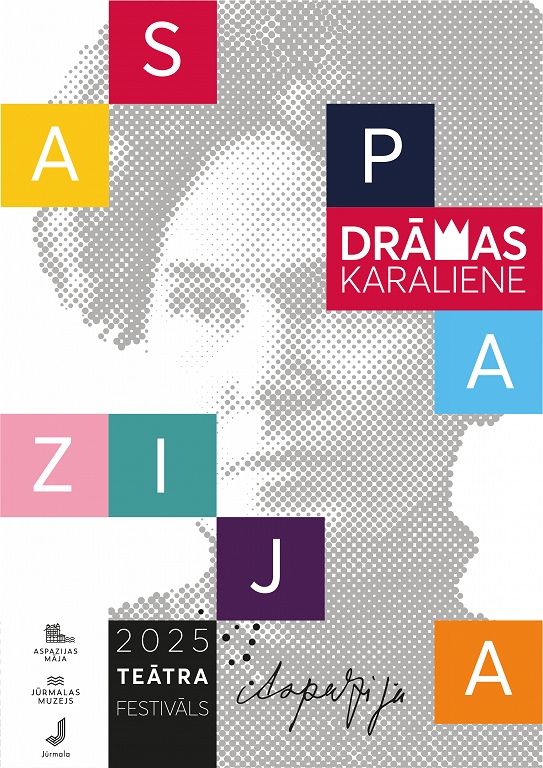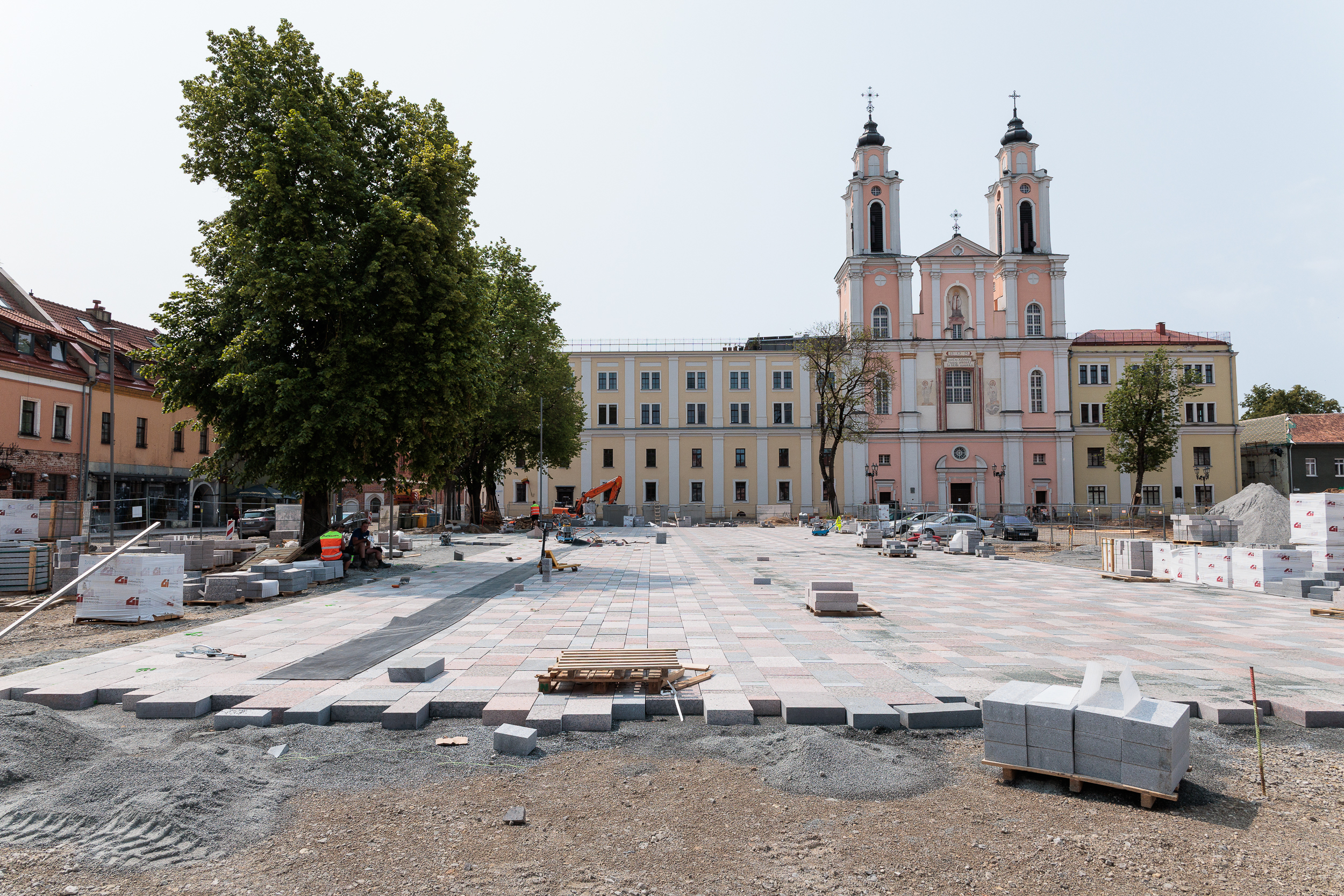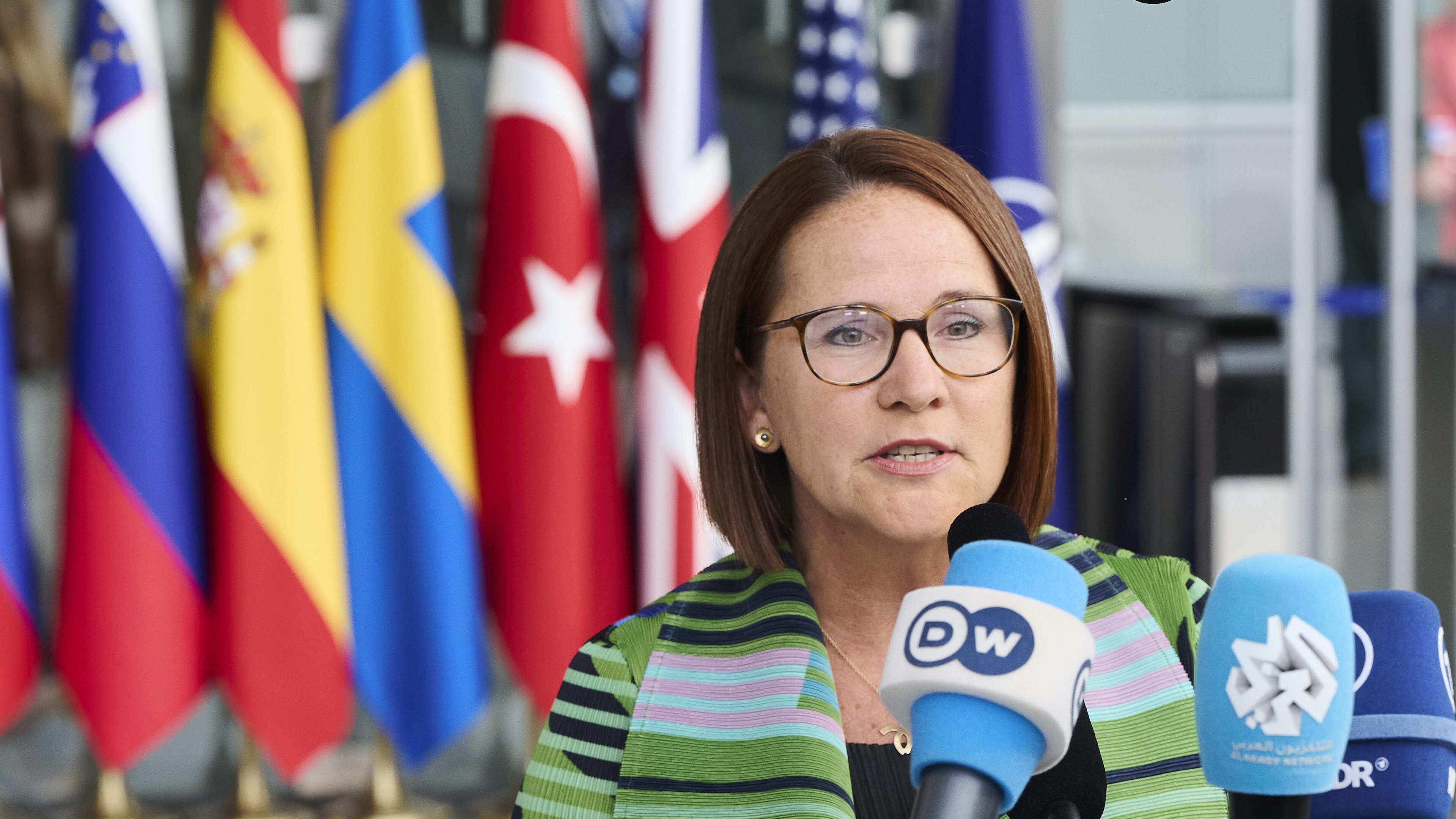The great test of state reform

Those who heard Luís Montenegro during the election campaign, on the night of May 18 and the statements they were making on the days that followed, especially on the National PSD council of a week, was hardly surprised by the composition of the new government. On the very electoral night the chief executive made a point of highlighting that the vote meant that the Portuguese wanted not only « this Prime Minister », but also « this government ». Therefore, major changes were expected in a team that was less than a year old in office.
Deeply reformulating ministries would be a mistake and a waste of time for those who have said and repeated that they wanted to begin to govern and implement changes that solve the problems of the Portuguese from the first day in office. Therefore, when choosing version 2.0 of the new executive, he opted for surgical changes: he replaced those who were already known to leave – Pedro Duarte and Dalila Rodrigues – with the silver of the house – Carlos Abreu Amorim and Margarida Balseiro Lopes; He exchanged those who had to leave – Pedro Reis and Margarida Blasco – by strong names – concentrated the economy in Manuel Castro Almeida and called the court provider, Maria Lúcia Amaral for the internal administration.
But the big news – I would even say the big bet of the new government of AD – which reflects what Montenegro was saying here and there during the after the campaign, was the creation of the Ministry of State Reform, giving its holder the status of Assistant Minister. This means that the Prime Minister will be supported-or will act with him-to intervene transversely in all sectoral policies of the government, to conduct a true reform of the State and public administrations, in their functioning and relationship with citizens.
It is not enough to continue the already announced digital transformation plans of the public administration, simplification of services and elimination of redundancies that had been developed by Balseiro Lopes. It is essential to reduce the bureaucracy that so many obstacles puts it to the lives of citizens and companies, who spend years waiting for answers to simple questions or are pushed from service to service because it takes another role or stamp in a decision. It is necessary to increase transparency in appointments and decisions, end the culture of informality, insert accountability mechanisms so that the guilt stop dying single and thus combat corruption. It is necessary to extinguish useless institutes and observatories, ending duplicate departments created to give jobs to those who have a party card. Deep down, making the public administration no longer a problem and become a reliable factor for citizens and companies.
To carry out such a task, Luís Montenegro went to the Francisco Manuel dos Santos Gonçalo Saraiva Matias Foundation, a jurist with proofs that in the previous function even said that, in addition to the diagnoses, he was able to make public policy recommendations. You will now have your opportunity. Your success or failure will be crucial to the future of Luís Montenegro and AD’s own government.
An eventual constitutional revision may have been removed immediately, but the truth is that it was not out of government cogitations, as Luís Montenegro made a point of stating on the PSD’s National Council. At the same time as he said the review was not under discussion in the campaign and it was not a priority, the prime minister also added that this did not mean that it would not be done « further forward ».
Case decides to move forward, corresponding to the wishes of the liberal and arrival initiative, the executive’s hard core began to have two specialists in the area. In addition to law professor Gonçalo Saraiva Matias for several years was advisor to the President of the Republic Cavaco Silva for legal and constitutional affairs, since 2014 has been consultant to the Presidency Civil House for the same area. The new Minister of Internal Affairs, Maria Lúcia Amaral is a reputed constitutionalist who was Judge Counselor and Vice President of the Constitutional Court. It was she, by the way, that in early 2024 she requested the unconstitutionality of the law of euthanasia – something to which the Constitutional Court gave her reason.

